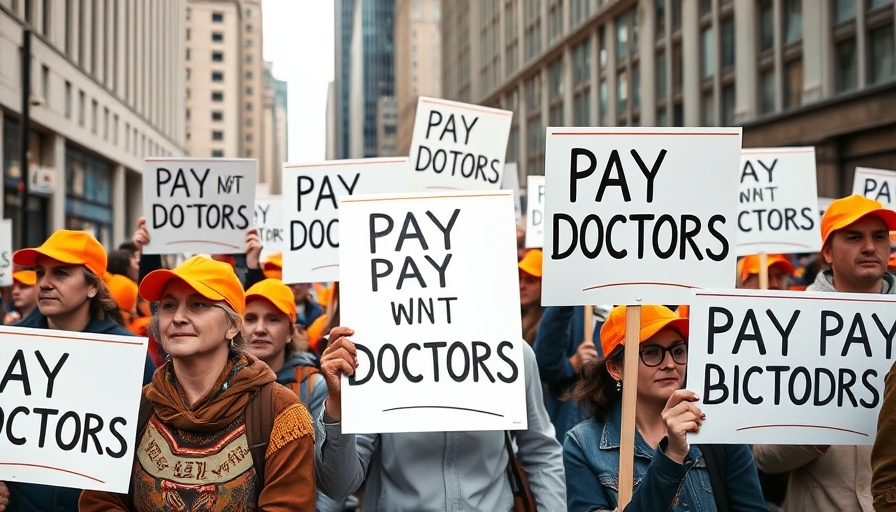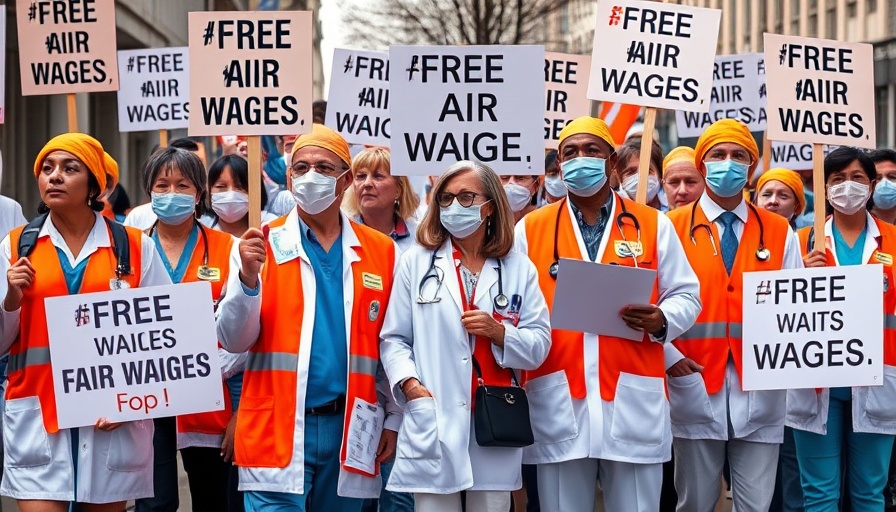
What's happening with the NHS strike?
Currently shaking up the healthcare system, the NHS is under strain as junior doctors engage in a significant strike. This is not just any strike; it’s a long-standing battle over pay and working conditions. Over the weekend, a major walkout saw resident doctors refusing to work, significantly disrupting hospital operations across England.
The refusal to return
The British Medical Association (BMA) has made headlines by dismissing calls from NHS England to return striking doctors in emergency situations. Fifty-three requests for doctors to cross the picket line in the name of patient safety have met rejection, and NHS bosses are fuming. Their frustration partly stems from the concern that the BMA is effectively gambling with patient lives by not allowing willing doctors to assist on the frontlines.
Emergency care at risk?
This has raised alarms, especially relating to cancer care requests that were denied. NHS England is worried that the ongoing strike will have dire consequences for patients waiting for crucial treatments. With the BMA only approving a couple of derogation requests, the question remains—how much longer can we expect the system to hold up?
Who are the resident doctors?
Resident doctors, also known as junior doctors, represent an overwhelming majority in the NHS workforce. They are the lifeblood of healthcare, often working long hours to compensate for the chronic understaffing in the system. Their striking emphasizes the frustrations and struggles that have been simmering for years concerning inadequate compensation for the tireless work they perform. It’s about time we highlight these issues—these are our healthcare heroes.
Public health at stake
In Leicestershire, the implications of the strike are particularly alarming. Local hospitals are experiencing staffing shortages that could impact patient care. Families are now anxious about the future of healthcare services in their communities. The BMA's hardline stance may protect the interests of the doctors, but it risks igniting a broader crisis in public health.
Pay disputes intensifying
The pay dispute is a central theme driving this unrest. New demands for above-inflation pay rises from nursing staff hint at a burgeoning discontent among healthcare workers. As we venture further into this turbulent landscape, we must ask: is it fair for the BMA to prioritize negotiation tactics while patients suffer? The repercussions could lead to a more profound healthcare crisis.
Future implications for our NHS
The current strike reflects deeper societal issues at play in the NHS. With hospitals already stretched by population growth and forecasts predicting a rise in demand for services, the question lingers: Are we prepared to face the consequences of unresolved conflicts within the medical community? The young generation of doctors demands respect and fair treatment, yet the longer these concerns are sidelined, the more entrenched the issues become.
Take action!
As health-conscious individuals in Leicestershire, it’s crucial to pay attention to these developments. The state of your healthcare is directly tied to the actions taken now. Engage with local representatives, advocate for change, and support healthcare initiatives that ensure better conditions for medical staff. Let your voice be heard—your health and the future of the NHS depend on it.
 Add Row
Add Row  Add
Add 




Write A Comment